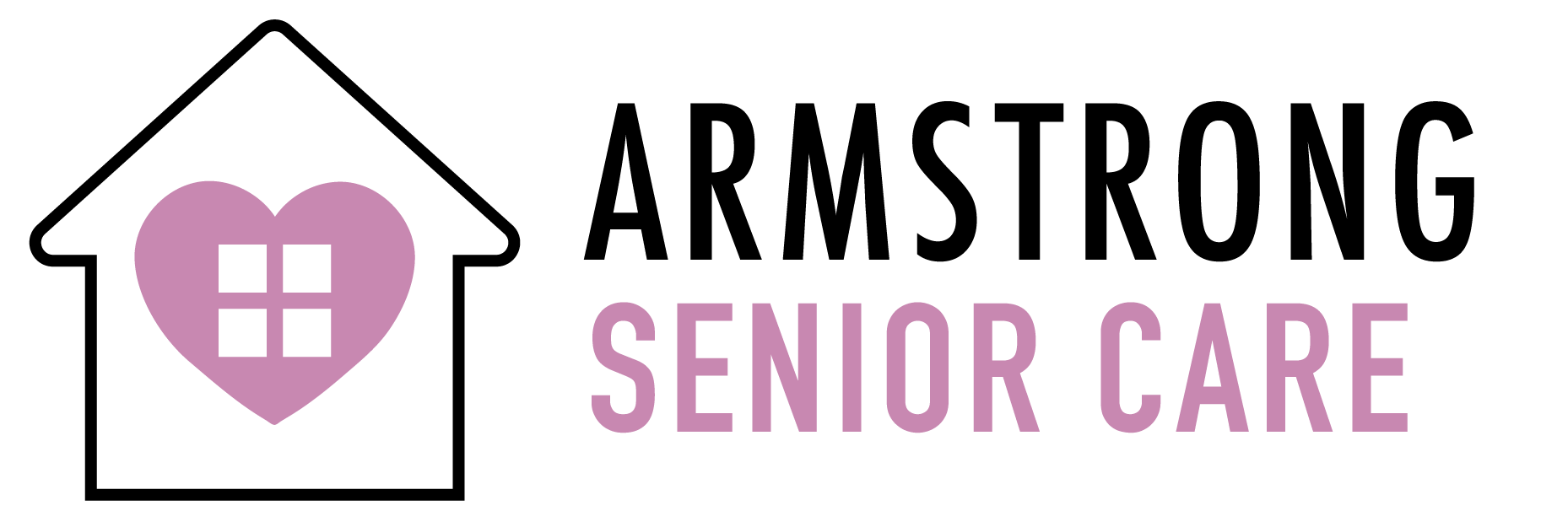Senior Care Services
Armstrong Senior Care can use many different recreation therapies for our clients. Program plans will be tailored to fit the needs and interests of each client following the assessment process. Listed below are some of our service categories and offered programs.
Intake Process
Initial Consultation
The first step is to schedule an initial consultation with the Recreation Therapist. During this 15-minute consultation, the Recreation Therapist will gather information about your loved one’s needs and goals for therapy.
Assessment
After the initial consultation, the Recreation Therapist will conduct a thorough assessment of your loved one to determine their current level of function, leisure interests, and areas for improvement.
Treatment Planning
Based on the assessment results, the Recreation Therapist will develop an individualized treatment plan that outlines specific goals and interventions to address the senior’s needs and interests.
Recreation Support

Description
Discover the comfort and reassurance of private recreation therapy sessions for your loved one, right in the surroundings of your home or within the community. At Armstrong Senior Care, we prioritize the well-being of your loved ones, ensuring they are safe, healthy, and fulfilled while actively engaging in tailored recreation and leisure programs. Gain peace of mind, knowing that even while you are away, your loved one is receiving exceptional care and enjoying enriching experiences.
Programs
Uses physical activity such as tai chi, yoga, strengthening & conditioning as well as active games such as bocce ball and ring toss, to improve physical function and overall health.
Uses activities that are designed to improve cognitive function, such as memory, attention, and problem-solving skills.
Uses music and musical activities to promote emotional healing.
Uses art-making activities such as painting and colouring to explore emotions and express oneself.
Uses community activities such as senior centers, local museums, and cafes to improve mental health, reduce isolation, and increase socialization & community inclusion.
Uses outdoor activities such as walks, hiking, and gardening, to promote personal growth and self-discovery.
Uses body movement, music, and dance to improve physical function and emotional well-being.
Uses baking and cooking to promote mental and emotional well-being. It can be a helpful tool for managing stress, improving mood, and enhancing creativity.
Dementia support

Description
Immerse your loved one in specialized private recreational programs designed specifically for individuals with cognitive limitations. We understand the importance of family involvement, and we work closely with you to provide comprehensive support and education. Rest assured that we honour your loved one’s preferences and interests, creating an enriching and fulfilling experience for them.
Programs
CST is a structured program that focuses on improving cognitive function through activities such as memory games, puzzles, and problem-solving tasks.
This therapy involves reminiscing about past experiences and memories through the use of photos, music, baking and other stimuli. This can help to stimulate memories and provide a sense of connection and comfort for individuals with dementia.
Programs that engage the senses through activities such as art, music, baking, and pet therapy have been shown to have positive effects on individuals with dementia.
Uses exercises to improve physical function and cognitive functioning. Physical activity programs can range from gentle exercises such as walking or chair aerobics to more structured programs like tai chi or dance classes.
Is a form of touch therapy using a baby or animal doll that encourages hugging, holding, and snuggling. Providing comfort and promoting feelings of relaxation and well-being. Reduce feelings of loneliness and isolation, lower stress levels, improve sleep, and boost overall mood.
Providing strategies for managing challenging behaviors and communication difficulties. Tips for maintaining the individual’s safety and quality of life.
Common Questions
Yes, we are a health care provider with Alberta Blue Cross under personal support workers and can provide direct billing.
Yes, some health insurance policies will cover recreation therapy. We are a provider with Alberta Blue Cross and can offer direct billing.
Recreation therapy sessions vary on the individual’s needs/interests and the family’s preferences. Armstrong Senior Care recommends 3-hour sessions twice a week or 2-hour sessions three times a week for increasing your loved ones’ quality of life and healthy lifestyle through recreation engagement.
Armstrong Senior Care focuses on improving four domains; physical, cognitive, emotional, and social through recreation engagement. Types of activities that focus on these domains are yoga, tai chi, music therapy, art therapy, walks, outings, brain games, baking & cooking therapy and many more.
- Seniors with physical limitations such as arthritis, chronic pain, or limited mobility.
- Seniors with cognitive impairments such as dementia and Alzheimer’s.
- Seniors with mental health challenges such as depression or anxiety.
- Seniors with limited access to transportation and are socially isolated.
- Seniors living in memory care units who lack normalcy and community inclusion.
- Initial consultation: The first step is to schedule an initial consultation with the Recreation Therapist. During this 15-minute consultation, the Recreation Therapist will gather information about your loved one’s needs and goals for therapy.
- Assessment: After the initial consultation, the Recreation Therapist will conduct a thorough assessment of your loved one to determine their current level of function, leisure interests, and areas for improvement.
- Treatment planning: Based on the assessment results, the Recreation Therapist will develop an individualized treatment plan that outlines specific goals and interventions to address the senior’s needs and interests.
